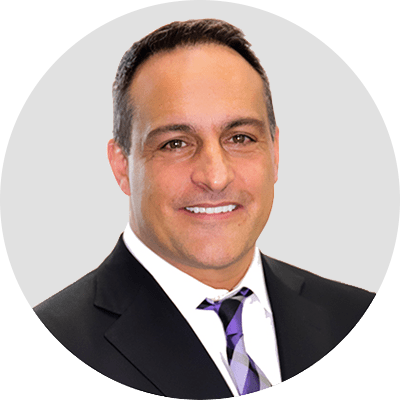
Art Caplan is the University of Pennsylvania director for the center of Bioethics. Last summer he gave a one-hour lecture at the historic Chautauqua Institution about extended life, enhancement of our bodies and the potential use of advanced stem cell technology to achieve these goals.
Caplan argues for the permissibility of enhancement by refuting the arguments of a group he calls “new puritans”, who object to medical advancements that could enable us to live longer and look better. Persons who hold this puritanical view often disapprove of cosmetic enhancement as well. One person in his audience had spoken of a family member getting a facelift, and a younger woman responded with harsh criticism saying, that’s terrible. It’s unbelievable that you would do that, you should simply accept the changes as they come.
Caplan systematically dismisses each of these objections and presents his own argument in favor of true anti-aging, based on a theory that we could double the life-span of a human with the help of stem cells.
His proposal in favor of embryonic stem cell research is this: Weâ??ve already doubled our lifespan since ancient times. There is no natural order of things when it comes to how long we should exist or how good we should look during that time. Stem cell technology need not come from new sources, but embryos that we already use for other purposes.
What we use to repair disease, we can also use to enhance. There can be whole body rejuvenation, including the mind, with the help of this technology. Skin, organs, hair and everything in between can be enhanced with regenerative cells. Similar things have successfully been done to small organisms. If we fund it now and conquer these frivolous (and perhaps not so frivolous) arguments, real anti aging can become a reality.
The hour-long lecture can be found in its entirety here on Minnesota Public Radio.

Dr. Jonov is a cosmetic surgeon who specializes in plastic surgeries of the face, breast, and body at Seattle Plastic Surgery.

